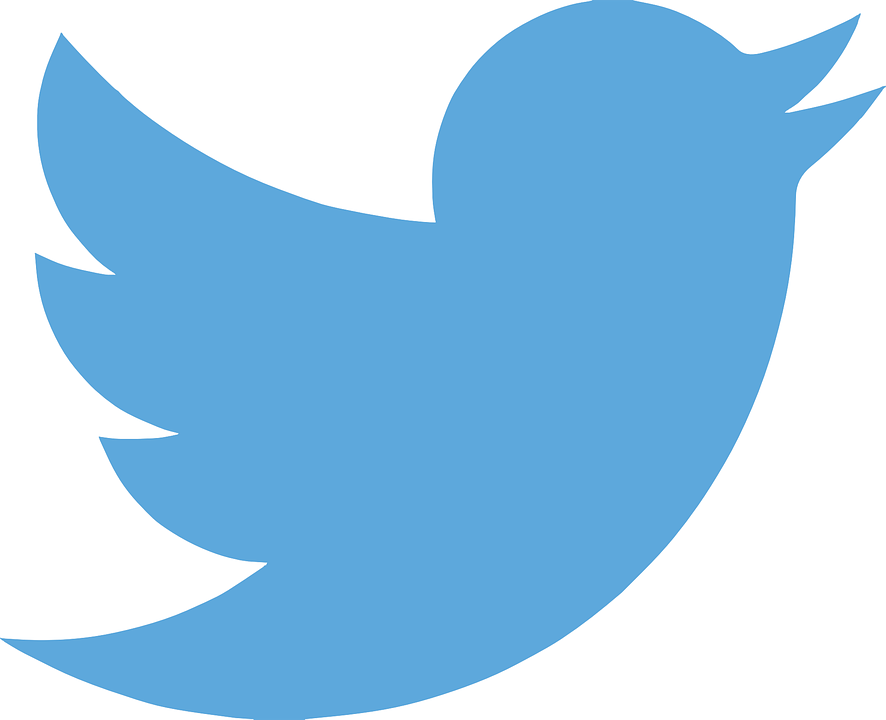Twitter Talk: Glossary to Current Lingo
January 17, 2019
Language is ever-evolving, changing as people change with it. Terms and phrases will come and go throughout the generations, but essentially, the meanings remain the same. While a person born in the 1980’s might have called something “bogus”, a person born in the early 2000’s would voice the same idea by saying “this ain’t it, chief.” The internet has greatly influenced this generation’s culture. Almost all the words and phrases in this article will be outdated in a month or so, but for the time being, here is a short guide to some of the more popular examples of “stan twitter language”, as it is called by those who use it.
Stan
(noun) an obsessive or passionate fan of a certain person/group of people.
(For example) “There were so many BTS stans lined up days before the concert to get merch.”
(verb) to be an obsessive fan of a certain person/group of people.
(For example) “Most of my friends stan Post Malone so they are going to see him at Bonnaroo.”
Local
(noun) a person that does not use “stan twitter” language; one who typically only listens to musicians that are popular; one who uses emojis unironically. “Local” could also mean basic.
“All the locals keep talking about Riverdale and only listen to Post Malone, Cardi B and Billie Eilish.”
Tea
(noun) gossip.
“I have tea on Caden; I’ll text you later and spill it.”
Dubs
(noun) abbreviation for the letter ‘W’, meaning win.
“We are gonna get dubs at the game tonight.”
Sis
(noun) short for sister, but said to people who are not related to you.
“Spill the tea, sis.”
Oof
(interjection) an expression used when the speaker does not know what to say.
Person one: “Dude, I just failed that statistics test.”
Person two: “Oof, me too.”
Wig
(interjection) used to display shock or admiration.
“Her post is so cute, wig.”
Lit
(adjective) 1. used as a replacement for the word cool; 2. used to describe how good or fun an activity is.
“That movie was lit.”
Shook
(adjective) used to describe a person’s feelings when they are in a state of shock.
“I can’t believe I got an A on that test. I’m shook.”
Reaching
(verb) to jump to conclusions.
“She said that he hates her, but I think she is reaching.”
Cancelled
(adjective) describes people who are ostracized by the general public.
“Did you hear that Jaiden likes pineapple on pizza? He’s cancelled.”
Thrive/thriving
(verb) to be doing very well.
“I got an A on my stats quiz, got free food for lunch and I’m going to the movies with my friends tomorrow. I’m thriving.”
Press ‘F’ to pay respects
(phrase) in a typically humorous situation, this phrase, or simply the letter ‘F’, would be used to ironically display respect.
“My sims character just caught on fire; press ‘F’ to pay respects.”
It really do be like that sometimes
(phrase) another way of saying “that’s just how life is.” Usually said with a nihilistic tone.
“I just got a 52 on my English essay; it really do be like that sometimes.”
Let’s get this bread
(phrase) another way to say “seize the day.”
“Good morning, let’s get this bread!”
Weird flex but okay
(phrase) an expression used in response to someone unnecessarily bragging or to someone who brags about something that should not be bragged about.
Person one: “I helped a picture of an egg become the most liked post on Instagram.”
Person two: “Weird flex but okay.”
This ain’t it, chief
(phrase) a way to respond to something that you don’t like.
Person one: “We have a math quiz on Friday and a test on Monday.”
Person two: “This ain’t it, chief.”
We been knew
(phrase) a phrase used in response to someone telling you something obvious or learning unsurprising news.
Person one: “Did you hear that Post Malone is coming to Bonnaroo?”
Person two: “We been knew.”



